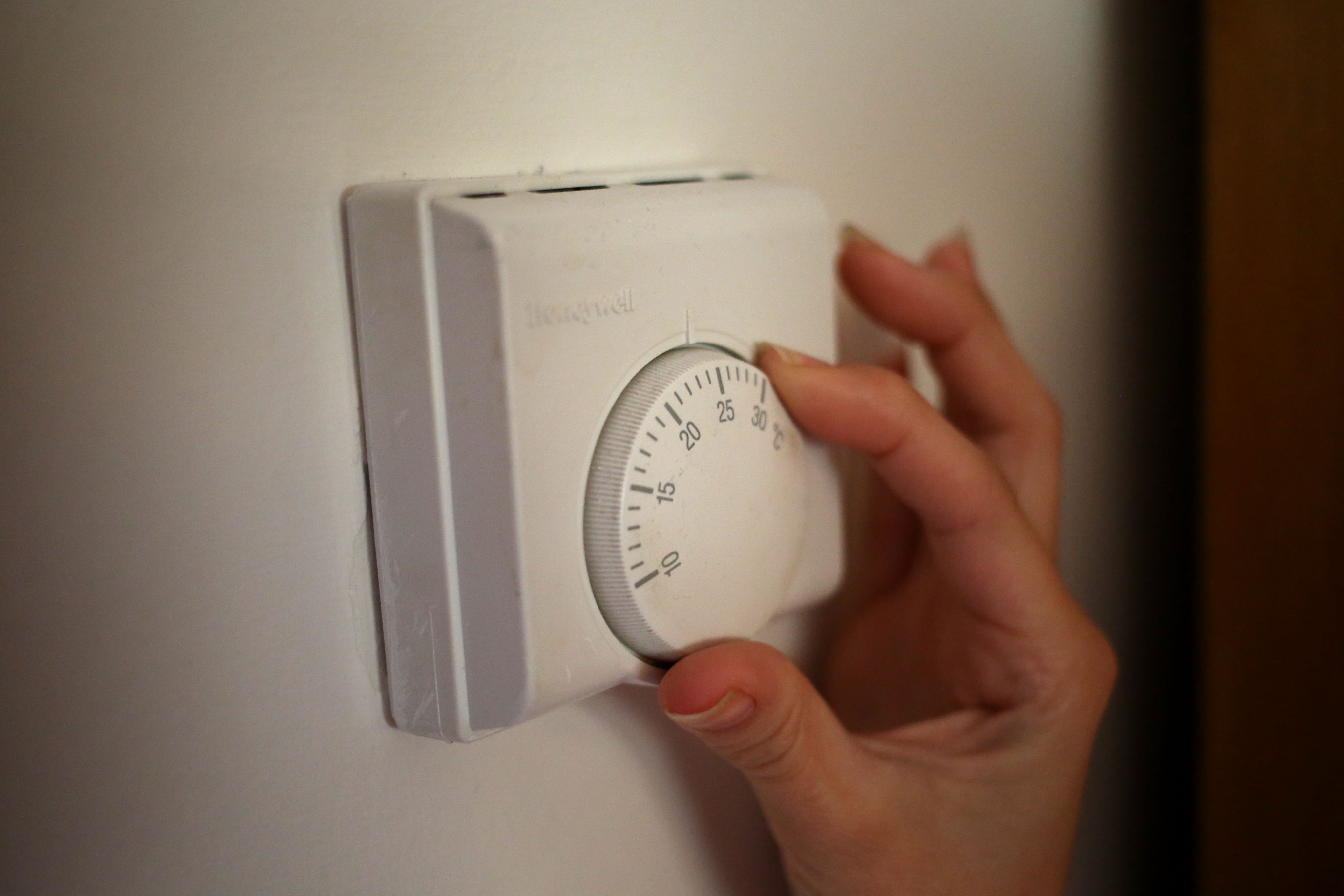Cost of living rises affecting most UK households, the ONS says
44% of UK adults who pay energy bills found it very or somewhat difficult to afford them in the last two weeks of July, the ONS found.

Your support helps us to tell the story
From reproductive rights to climate change to Big Tech, The Independent is on the ground when the story is developing. Whether it's investigating the financials of Elon Musk's pro-Trump PAC or producing our latest documentary, 'The A Word', which shines a light on the American women fighting for reproductive rights, we know how important it is to parse out the facts from the messaging.
At such a critical moment in US history, we need reporters on the ground. Your donation allows us to keep sending journalists to speak to both sides of the story.
The Independent is trusted by Americans across the entire political spectrum. And unlike many other quality news outlets, we choose not to lock Americans out of our reporting and analysis with paywalls. We believe quality journalism should be available to everyone, paid for by those who can afford it.
Your support makes all the difference.Most Britons noticed their living costs rise in July and many reduced spending and energy usage to save money, a new report has shown.
Close to half (44%) of UK adults who pay energy bills found it very or somewhat difficult to afford them in the last two weeks of July, the Office for National Statistics (ONS) found.
This was slightly down from the first half of July, when 46% said they were struggling. Seasonal energy usage patterns have impacted the findings, the ONS said.
Overall, 89% of people reported their cost of living had risen over the past month. This is unchanged from the previous period, but up more than a quarter from November 2021.
Many people have made changes to their lifestyle in order to save money during a worsening cost-of-living crisis.
Energy prices have risen dramatically in recent months with the price cap set to hit £3,729 per year from April next year for the average household, consultancy Cornwall Insight warned this week.
And it has already taken its toll on households with 51% of the population, which amounts to around 24 million people, using less gas and electricity in their homes from March 30 to June 19, according to a separate ONS survey unveiled on Friday.
Charities have cautioned that many lower-income households could have to choose between eating and heating their homes in the colder months of the year.
More than a third of those who reported their living costs had gone up cut back spending on food and essentials, amounting to around 16 million people, the report found.
Meanwhile 57% of the population reduced their spending on non-essential items, which would include expenditure on clothing, subscriptions or meals out, as incomes are increasingly being squeezed.
The rising cost of living is disproportionately impacting some groups more than others, research has shown.
Significantly more disabled people have been forced to buy less food and essential items, such as utilities or medication, than non-disabled people, the ONS said.
The same goes for lower-income households and those living in more deprived areas in the UK as food inflation has hit less well-off people harder.